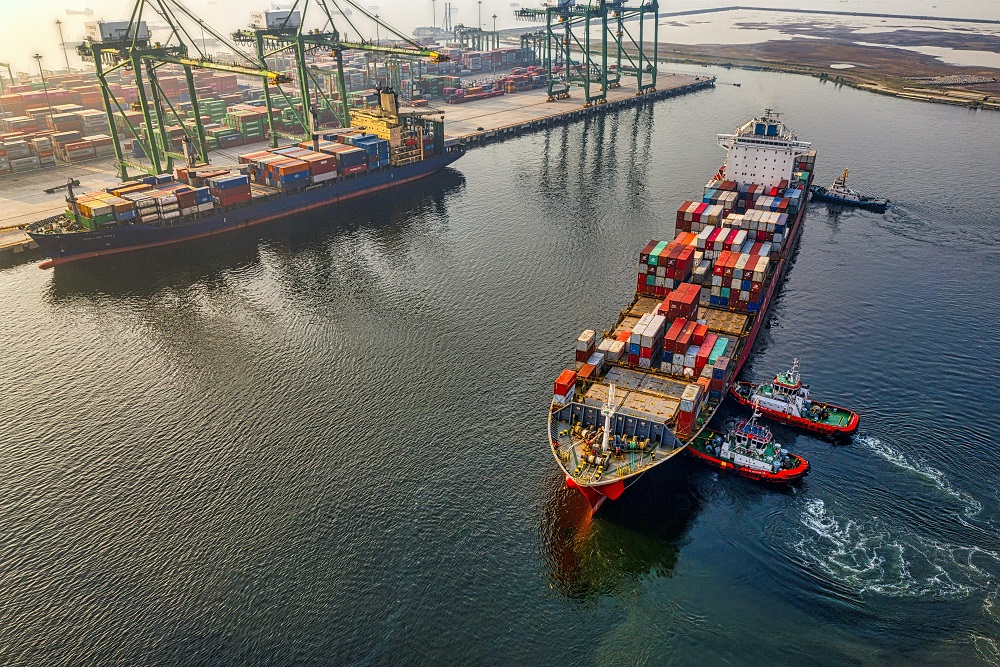In a surprising turn of events, Northeast Asia is experiencing a milder winter than usual, contributing to a cooling effect on the Chinese economy, The Wall Street Journal reports. This unseasonable warmth has significant implications for liquefied natural gas (LNG) prices, which are on a swift descent and are expected to stay subdued.
Unlike the energy crisis that gripped Europe in 2022 due to disruptions in global shipping and natural gas pipelines, the current scenario in 2024 is marked by ample inventories and subdued demand in Asia, mitigating the likelihood of a recurrence.
Despite heightened tensions in the Red Sea, exacerbated by recent military actions against Houthi militants by U.S. and U.K. forces, global shipping remains constricted. Qatar, a major LNG supplier in the region, has chosen to circumvent the Red Sea, navigating alternative routes. This strategic decision aims to avoid potential disruptions caused by the escalating conflicts.
Asian LNG prices have experienced a sharp decline of over 40%, reaching $9.41 per million British thermal units (MMBtu) in the past two months, as reported by Reuters. Over the last year, these prices have more than halved.
Despite the initial surge in European LNG prices in October, triggered by Houthi attacks, they have since retreated to approximately $9 per MMBtu—reminiscent of levels observed last summer.
This unexpected turn of events reflects the intricate dynamics of global energy markets and their susceptibility to geopolitical tensions.














